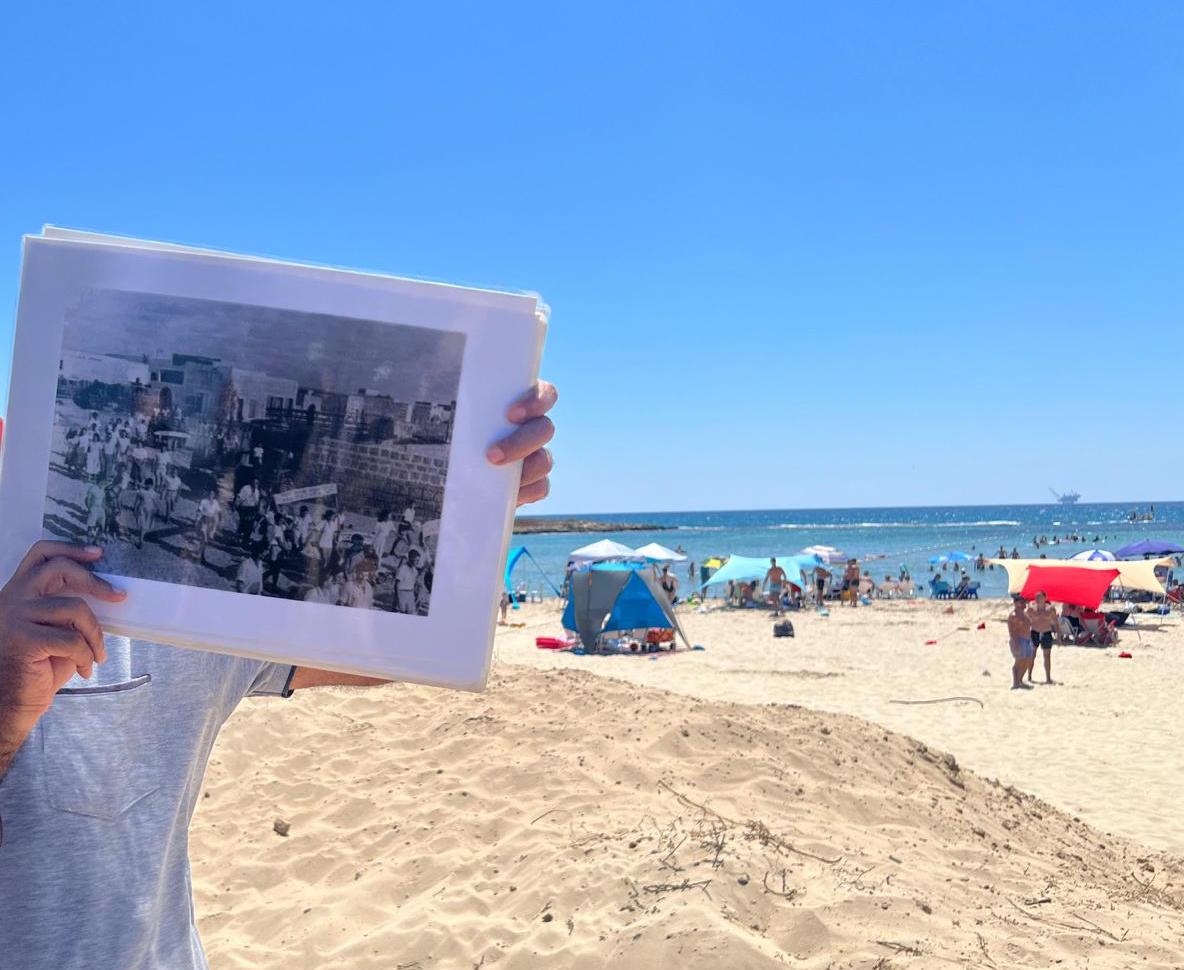
When is the right time to write about the Tantura massacre? Is it ever the right time? The words are so heavily fraught. Ever since it happened – in the 1948 “War of Independence” – the facts are still contested.
In May 1948, the Palestinian-Arab village of Tantura was occupied by the Alexandroni Brigade. About fifty years later, Teddy Katz, then a history student at Haifa University, revealed that the inhabitants of the village were massacred after the battle had ended. In response, a group of Alexandroni brigade veterans began campaigning to protect their reputation.
My father coordinated the legal campaign against Teddy and the Haifa University, which ended in the revocation of his degree and his degradation. Here is where my difficult memories enter the picture. I saw my father completely invested in this campaign. Everyone who entered our house had to review the court documents and justify the campaign. I did not feel at ease. I tended to believe the testimonies revealed by Teddy, and was extremely disturbed by what happened there. I was ashamed of what they had done in Tantura, and now to Teddy, and wondered whether my father had taken part in the massacre. But I did not stand up to my father’s aggression. I was also ashamed of the Haifa University for caving in.
In the aftermath of the affair, I felt I could no longer live in the occupying State of Israel, and left. I had little knowledge of subsequent developments until I watched the film Tantura (Alon Schwartz, 2022). The film made it clear to me that my father, who presented himself as a righteous man, had lied. This is not easy for me. We will never know whether he had taken an active part in the massacre. He claimed not to have been in Tantura that night. But in an interview with Teddy, parts of which feature in the film, he admits to knowing what happened there. My father died in 2003. Most of his brothers in arms, now in their 90s, appear in the film confessing to acts of murder and even rape, and admit they had lied to protect their reputation in the struggle against Teddy. Would he have joined them now, and admitted to lying during their campaign against Teddy?
These are the heroes, the noble and beautiful young men, who proudly fought to establish the State of Israel. The same ones who have persistently denied anything that threatened their dignity, any historical truth inconsistent with their collective version.
Personally, one of the most shocking things for me about this affair, apart for the massacre itself, is that in my childhood, traveling to Tantura Beach (like many others, my father would still use the Arab placename) was a special treat. A beautiful beach, and not a word of what was perpetrated there after the battle. Today I know that the beach’s parking lot covers what is now known to be a mass grave for the victims of the massacre. And that my father knew about this massacre. How did he justify this? I guess we’ll never know. Perhaps I took much of his guilt upon myself, and maybe this provided him with some relief.
In 2023, a study by Forensic Architecture proved that there were actually three mass graves onsite. This attests to the scale of the massacre. The victims’ relatives are still not allowed to erect a monument for the dead. Yet the Alexandroni veterans have erected several monuments for themselves. What is the powerful Israeli state so afraid of?
Today we know that additional massacres occurred in the 1948 war, not only in the infamous Dir Yassin. Some 70% of pre-war population of what became Israel were displaced and became refugees. The State of Israel prevented their return and took over their lands. They are still fighting for justice, for their lands and homes.
Without justifying the Hamas atrocities on October 7, it is not too difficult to connect the dots and understand what motivates the descendants of these refugees in Gaza to hate and seek revenge. Will the cycle of revenge continue forever? I believe it would not stop before the State of Israel acknowledges its historical role – in the fact that it was established on lands taken from their Palestinian owners. As Desmond Tutu said after the end of apartheid in South Africa, there can be “no reconciliation without truth”. So maybe it’s time to end the blindness and look at the historical context straight in the eye – the historical truth, without accusation.
Yael, December 2023

